Staffers, donors, and even a United States senator backing Ted Cruz have suggested a “unity ticket” with Marco Rubio, who dropped out of the race this month, but according to a report, Rubio declined the offer due to opposition from his own donors. In the final analysis, this may hurt Rubio himself, while having little real impact on Cruz.
The Texas senator’s team has recently begun to investigate how a Cruz-Rubio ticket would fare in the coming Republican primary contests. Shortly before endorsing Ted Cruz on March 10, Utah Senator Mike Lee and his advisers discussed a meeting between Lee and Rubio in Florida, just days before the state’s primary. The meeting never happened, but the message likely went through — the Utah senator wanted a unity ticket.
This idea is familiar here at PJ Media. Contributor T. Elliot Gaiser presented “Three Reasons a ‘Cruzio’ Ticket Needs to Happen” on March 2.
On that same day, the day after Donald Trump’s big win on Super Tuesday, Doug Deason, son of billionaire donor Darwin Deason, and well connected to Charles Koch’s fundraising network, reached out to Cruz campaign manager Jeff Roe, Politico reported. Rubio had suffered many defeats on Super Tuesday, so Deason suggested Roe reach out to the Florida senator’s team to pitch a unity ticket. Deason said he had spoken to many major Rubio donors, who had been receptive to the idea.
With official permission from Roe, Deason called Marc Short, a senior Rubio adviser and former president of the Koch-funded Freedom Partners organization. Short gave an unequivocal no, Deason told Politico. Deason responded by sulking:
Rubio was too pompous to act on it. He believed his own internal polls and there was no swaying him away from staying in the race through the Florida primary. If he had signed on before the first Super Tuesday, Cruz would have won all of the Texas votes and a lot more delegates. They may have very well won Florida.
FiveThirtyEight’s Nate Silver did the math: Without Rubio and Kasich in the race, by March 8 Cruz would have beaten Trump in delegates, 558 to 444. With Kasich in the race, Trump would still be in the lead, but only barely, with 477 delegates to Cruz’s 452. Last Tuesday, Rubio’s vote totals in Illinois, North Carolina, and especially the close race in Missouri would have propelled Cruz to victory over Trump.
Nevertheless, Silver’s analysis and Deason’s suggestion did not come in a vacuum. Many Cruz supporters openly called for Rubio to drop out and back their guy, and it irked many Rubio supporters. Erick Erickson compared Rubio to Gandalf the Grey, arguing that he should sacrifice himself to become Cruz’s running mate and re-emerge as “Marco the White.”
Next Page: Donors Convinced Rubio to Reject Cruz’s Offer — But Here’s Why The Decision Only Hurts Rubio
Perhaps that is one of the reasons why, in recent days, former Rubio backers may have convinced the Florida senator not to accept a team-up with Cruz. As the New York Times reported:
Mr. Rubio wants to halt Mr. Trump’s march to the nomination and, despite recently campaigning against each other, is friendly with Mr. Cruz. But in making scores of thank-you calls to donors in recent days, Mr. Rubio has been discouraged by some party financiers from supporting Mr. Cruz, who is reviled by much of the party’s elite, according to a Republican strategist briefed on the calls, who insisted on anonymity to describe private conversations.
There are many good ways to respond to this information: “The donors are again trying to hijack the party!” “Why do those pompous party ‘elites’ always think they’re so much better than us!” But I might suggest a more nuanced approach. Most Rubio supporters who would back Cruz are already lining up behind the Texas senator to stop Trump. Indeed, when Mitt Romney, John McCain’s daughter, and even Lindsey Graham are backing a candidate “reviled by much of the party’s elite,” the damage is done.
Cruz could really use Rubio’s delegates, but could he use Rubio? Conventional wisdom says Cruz needs a moderate on the ticket to be competitive in November, but nothing has been so eviscerated this year as conventional wisdom. Trump’s success suggests that his style of populist demagoguery is, well, popular. If Cruz is to come out of the July convention in Cleveland, either as the delegate winner or as the victor of a contested floor battle, he will need to court Trump’s supporters.
He won’t need Rubio — he will need somebody like Sarah Palin, a Trump surrogate who can deliver much of Trump’s base. Heck, he might even use the bombastic billionaire himself, if The Donald can content himself with playing second fiddle.
According to recent polls in Utah, Rubio’s support is already coalescing behind Cruz. Former Rubio donors and supporters who cannot bring themselves to back Cruz are significant, but they are likely a minority. Cruz may win all of Utah’s 40 delegates by breaking 50 percent in the primary this evening — largely due to former Rubio supporters.
Cruz needs Rubio less than Rubio needs Cruz. The Florida senator gave up his seat in the United States Senate, risking his political career in the presidential race. There has been talk of him running for governor in Florida in 2018, but Rubio has declined to run. Current Governor Rick Scott jumped “his place in line,” and the Republican establishment there is looking to Chief Financial Officer Jeff Atwater and Commissioner of Agriculture Adam Putnam, as well as former Speaker of the Florida House Will Weatherford.
What’s next for Rubio? Private life — unless he is tapped as a vice presidential candidate or chosen for a future Republican administration. Rubio’s decision to turn down Cruz’s offer may seem like a hit on Cruz, but the only person it really hurts is the Florida senator himself. Either that, or Rubio just wants some time out of the spotlight. After this crazy primary, who can blame him?


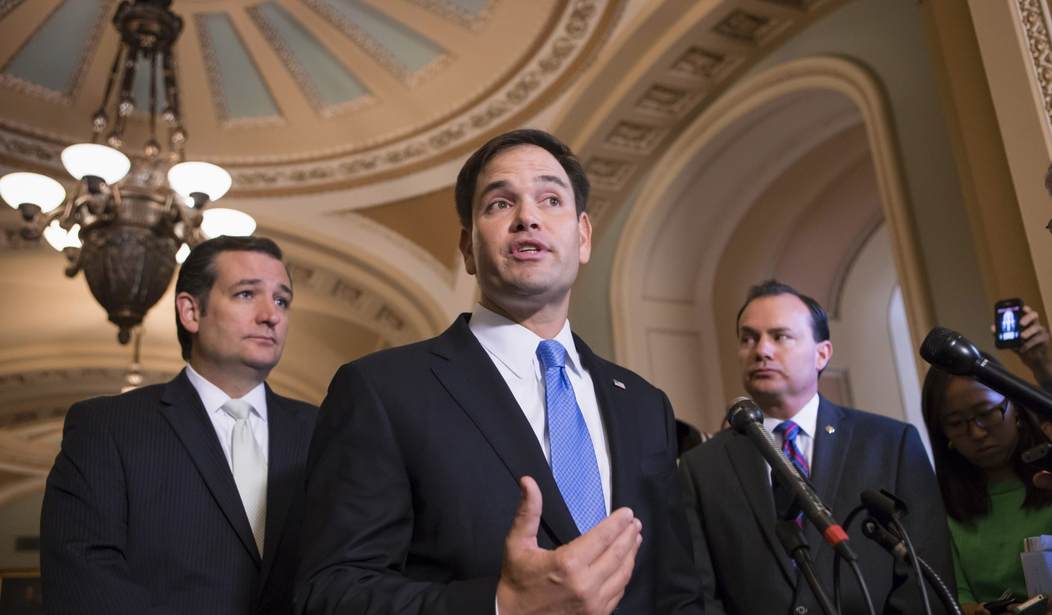
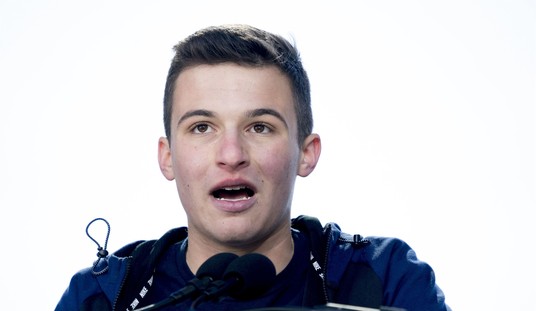
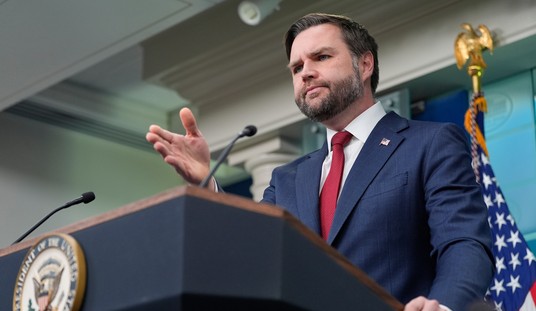

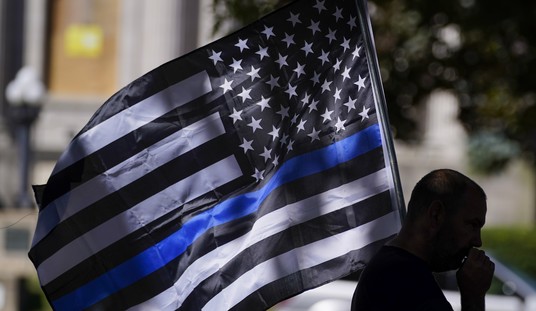

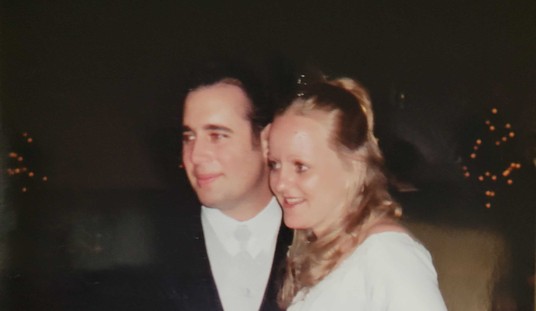
Join the conversation as a VIP Member